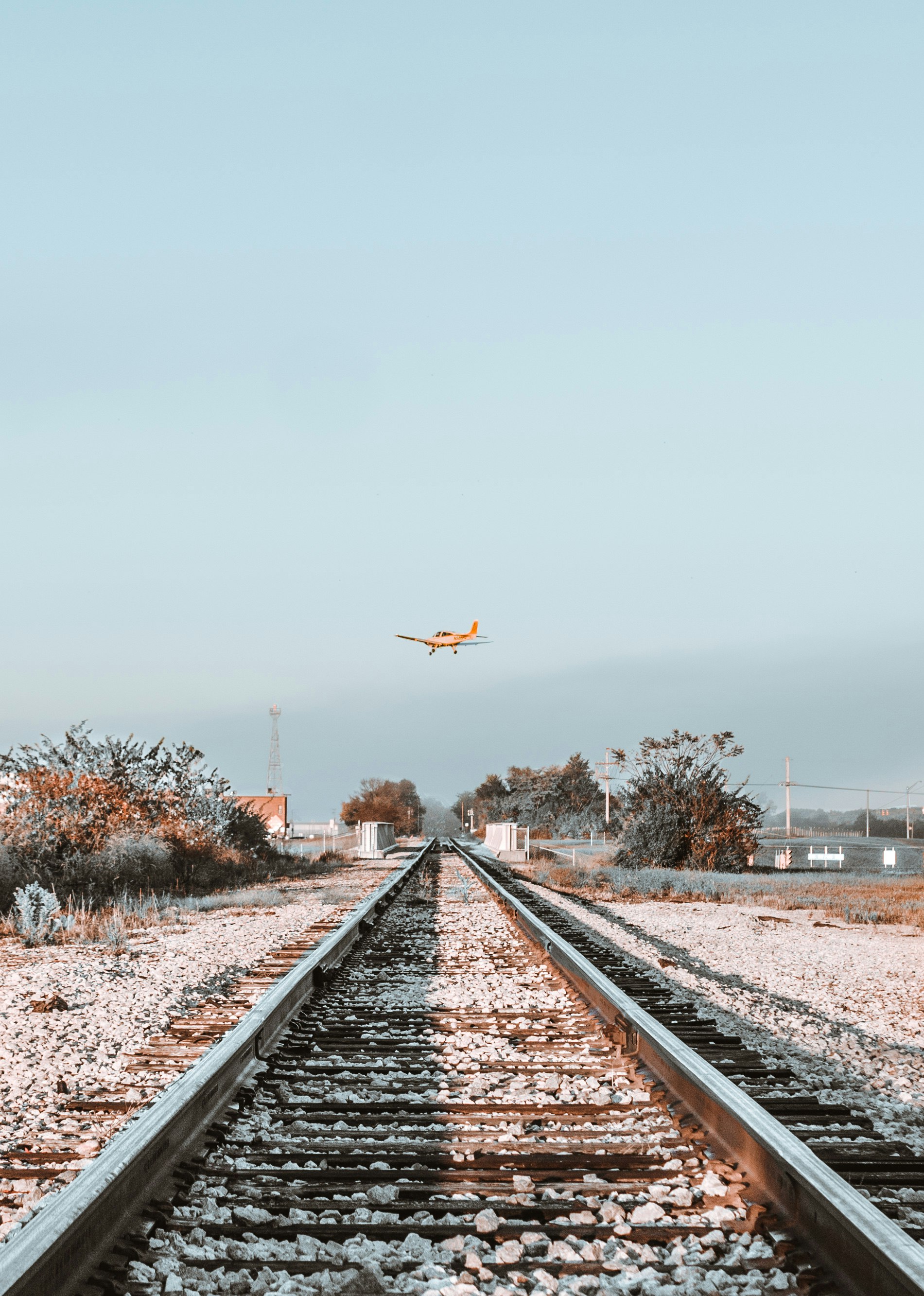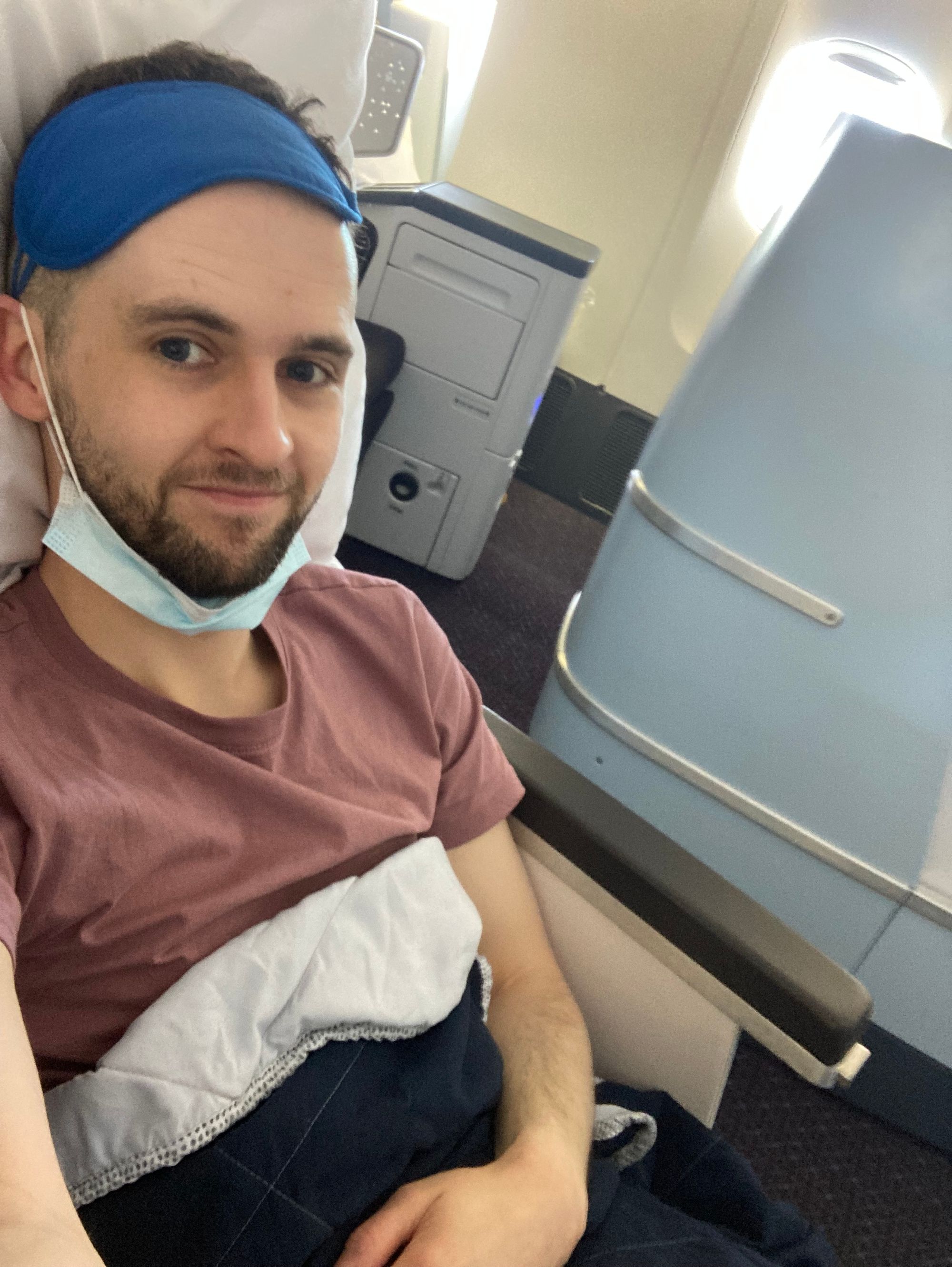Plane, Train, Automobile

I fucking hate flying. Notwithstanding the environmental factors, I honestly think it's the worst way to travel. Yea, I'm a hater. Of flying. And it causes me great stress just getting ready for the experience.
I'll be flying in one day from one of the busiest airports I have ever seen in my life - Manila. Now, I would like to caveat this by saying this airport is very busy with lots of people, yes, but it also requires the most amount of manual intervention to get through. I'm dreading it. And here's why.
Manila Airport
Arriving in an inbound flight to Manila was an experience. Before landing, it was required to go on to a website which looked like a High School Computing class project, and enter every detail about yourself, your flight, you origin details, your destination details, and your length of stay. This was all done to generate a QR code for the departing airport to scan before you leave.
I understand the need for this data for a island nation that obviously wants to know who is coming and going, and for how long. But, seeing as I, along with everyone else on the flight, are coming in via a legal means, my assumption is they could easily get this information from the airline since our passport numbers were required.
QR code obtained, on board, I was handed some paper slips to fill out, which wanted to know my destination address in the Philippines. Wait, didn't I already fill this in online?
Yes. Yes, I did. But the Philippines loves paper. Prior to actually going to the airport for my flight, I had to go to a friends house who had a printer (one of my few friends who still has one) and print out my flight booking as without it I wouldn't be permitted entry to the country. Having the details on my phone wouldn't suffice. I thought in 2022 this was very strange. But I went with it. I also had to print out all of my Covid-19 vaccines - the apps again wouldn't be sufficient.
On landing, with all of my papers on hand, I went to the first counter. Then I went to the second counter. And then I went to the third counter. And then I went to the passport control counter. Some of these counters wanted the same documents. What they were looking for in these documents I wasn't sure, I just handed them over in the hope that all was fine. And it was. All was well.
Months later when my husband and I were leaving the Philippines to visit his sister in Singapore, my Filipino husband had additional paperwork to fill in as well as what I can only translate to as a travel tax. This tax has to be paid by Filipino nationals leaving the country at a separate desk in the airport that supports some arts funding in the Philippines. I understand the premise to be 'If you are rich enough to fly out of the country, you can pay some more money to support your fellow countrymen still here.'
Singapore Airport
Flying into Singapore from Manila was very much a chalk and cheese experience. There was a lot less person-to-person contact, and the fact that the airport is connected to a massive mall with a beautiful waterfall feature in the middle really set it all of.
I wonder if my problems with airports stem from the locked-in nature of them. When you arrive, you feel compelled to get through security to get to the world of duty-free, where tax is removed but the expensive shit is still expensive because by that stage you are locked in, can't escape, and if you need anything, you will pay anything.
Singapore airport is a spectacle to behold, quite like many other parts of Singapore. It is easily understandable why it is considered the best airport in the world. If I ever had the displeasure of being a frequent flyer, flying through this airport would go some way to ease my burden. But at the end of the day it's still an airport and no amount of fancy shops will change that, duty free or not.
Trains
I've had some of my best experiences of travelling on trains. At 19, a friend and I went travelling around Europe using the Interrail Pass. This allows for free or heavily discount train journeys in 33 countries in Europe for a set period of time.
During our travels, we travelled on standard trains, night trains, and even high speed rail when it was available and within our budget. Night trains were my absolute favourite way to travel; nothing compares to falling asleep in a bed whilst feeling the motion of the train speeding along the tracks beneath you, knowing you'll awake and usually be in the middle of the city you're wanting to be in.
What really sets the train experience apart for me is the arrival and disembarking process. Until air travel, you arrive, even a few minutes before your train, and simply get on when it arrives, and you're on your way. No faff with security, checking in, a lot less waiting for others to stow their luggage, and no waiting on the runway for other planes to take off. And when you arrive, you alight and that's it. Minimal fuss.
I do wish train travel was more accessible and easily available around the world. Obviously getting to countries such as the Philippines or Iceland will always require a flight. But once there, the option to have a train journey, provided the public service provision is well maintained, is an absolute joy. It is no surprise the French government are banning plane travel within France as their train infrastructure allows for inter-France travel within a reasonable timeframe. I hope other European countries do this and become a model for the world.
Automobile
The car still reigns supreme. And probably always will. Cars, even if all electric, do have one major drawback compared to public transport, and that is the amount of space it takes for a car, even if the car is full, compared to a bus or a train or even a bicycle.
I'm not anti-car. I'm very pragmatic in this sense. Coming from Northern Ireland, the public transport network is not adequate for most people not to own a car outside of Belfast. In Northern Ireland the problem with cars isn't overly evident, especially outside Belfast; the traffic situation is very stable and the roads are well maintained. Currently in the Philippines, I see the problem with more cars as very pronounced, especially within the Metro Manila area. With the current amount of cars on the roads, as well as Jeepneys (a minibus-like vehicle), trucks and the occasional bus, the roads are very congested already. Efforts to stem this issue such as coding - not being able to drive on certain days depending on your car registration number - do help. But the main issue is lack of proper public transport, such as buses or a railway system, for transporting large numbers of people.
The convenience of a car is the main selling point for it's continued use. Being able to have it at your home, be it in the middle of a city or up a mountain, and get in and travel to wherever you wish is why many find it difficult to part with it.
Electric cars will help to address localised pollution issues, as long as the electric generation for the batteries is done in a more sustainable way and not using oil and coal. But as for the traffic situation, that will be a problem for many years to come.
I like driving. Primarily for the sheer convenience. It'll always be my necessarily evil.
I love trains. Since I was a young boy living near a train station, I've always loved a bit of trainspotting.
I hate flying. I probably always will. That one time I flew Business Class wasn't enough to make me like it. Picture evidence below :)
